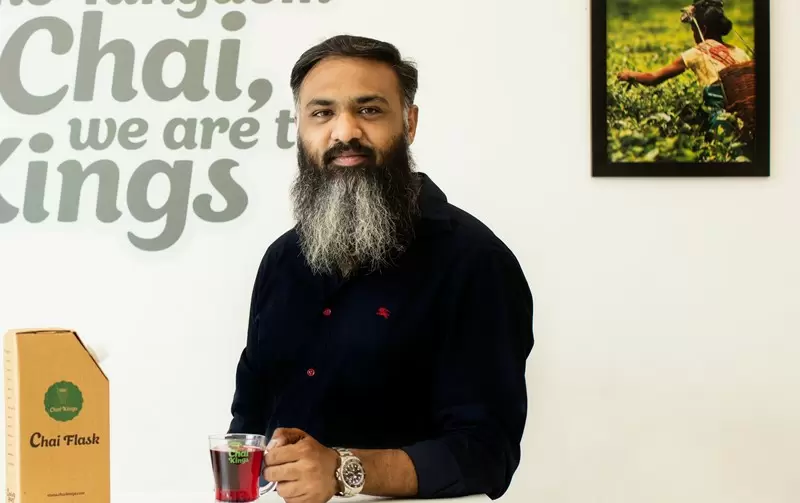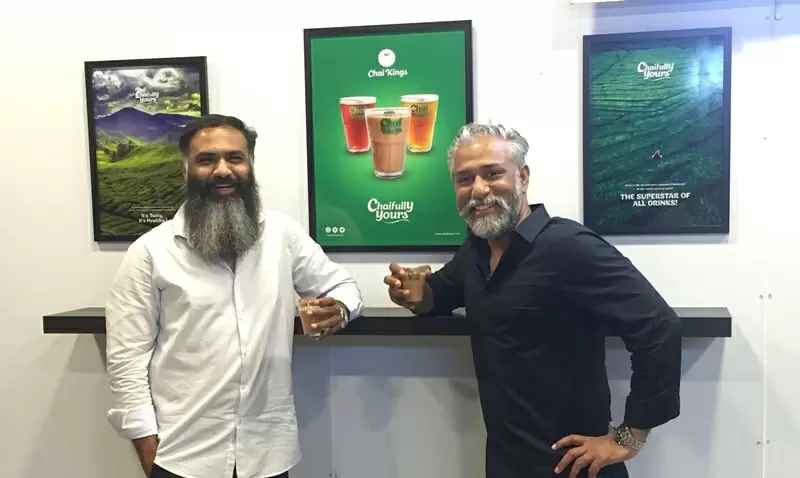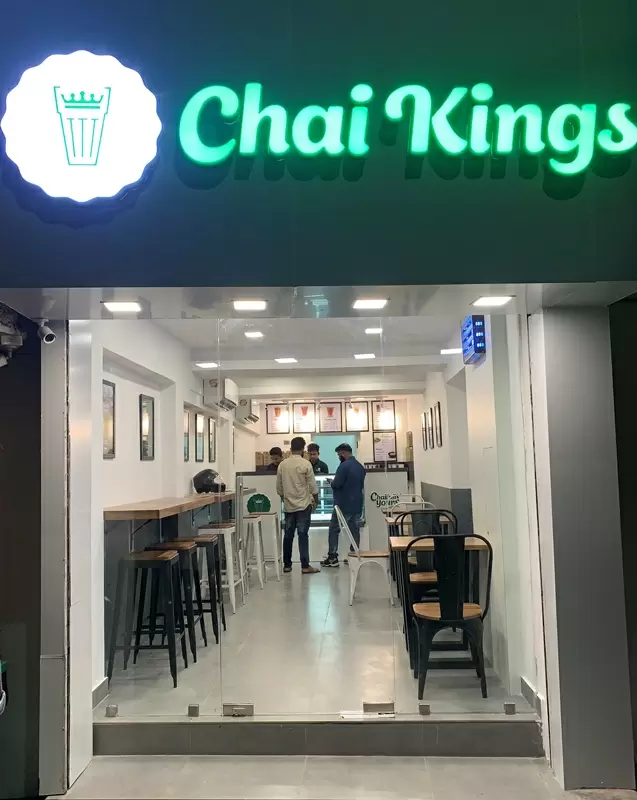Where 90% Fail, Chai Kings Co-founder Shares How They Built a Tea Chain Closing in on Rs 52 Crore Turnover
Chennai
13-December-2024
Vol 15 | Issue 50
Jahabar Sadique, Co-founder of Chennai based Chai Kings, who left his IT job to venture into the F&B industry, has built a thriving tea chain expected to close with a turnover of Rs 52 crore this year. This success comes in a sector where it’s said 90% of brands shut down within two years.
With a focus on smart strategies and clear goals, Chai Kings, launched in 2016, has become a successful name in India’s food and beverage sector.

| Jahabar Sadique talks about the challenges he faced to survive and grow in the brutal F & B industry (Photos: Special Arrangement) |
Running a tea chain may sound simple, but the challenges are many. "Margins in the food business are very thin. It’s in double digits but still lower compared to other industries," Jahabar said.
Rising costs, including salaries, rents, and commodities like sugar and milk, add to the difficulties.

“Employee retention is a major challenge in the retail industry. Workers often switch jobs for just Rs 1,000-2,000 more. Rising costs, including salaries, rents, and commodities like sugar and milk, are another big issue,” Jahabar said.
“In F&B, you can’t frequently increase menu prices, maybe only once a year or once in a couple of years. Disruptions in the supply chain also pose challenges, especially during demand fluctuations.
“Changing customer preferences can be tricky, though in tea, staples like Dum Chai, Ginger, and Masala are consistent. Staying on par with health trends is another challenge for F&B businesses.”
For Chai Kings, maintaining the right price point and ensuring faster table turnover is critical, given the segment they are targeting.
“Pricing too high or too low will affect customer expectations and your profitability. Your pricing should also sync with the food items and amenities you provide to maintain consistency,” said Jahabar.

| Jahabar with his co-founder Balaji Sadagopan (right) |
“Branding and interiors must match your product and pricing. For instance, you can’t sell a Rs. 30 product in a store designed like a luxury showroom. The setup should encourage customers to enjoy their tea and leave within 15-20 minutes. Comfortable but simple seating helps maintain faster table turnover, which is essential for profitability.”
So, how does Chai Kings differ from Starbucks, especially regarding customer experience? “Starbucks has a different business model. Their price points are higher, and they sell ambience along with their products. Customers go there for meetings or to socialise and often stay longer.”
Competition is growing, with tea shops opening across the country, often started by professionals from other industries. However, Jahabar doesn’t see this as a threat. "Right now, there’s enough demand for everyone," he said.
Food delivery platforms like Swiggy and Zomato have come to play an important role in the F&B business.
“About 55% of our revenue comes from walk-in customers, and 45% comes from delivery platforms. These apps act as a bridge between us and our customers, making it convenient for people to order and receive their tea within 10-15 minutes,” said Jahabar.

| A minimalistically designed Chai Kings outlet |
While delivery platform commissions range from 18-26%, Chai Kings adjusts online pricing to factor in packaging costs and discounts. "At the end of the day, it works because customers are paying for convenience, and we ensure timely delivery," he said.
Despite the challenges, Jahabar remains optimistic about the food business. "This industry is brutal. You have to be very careful about your product, pricing, and overall business model," he said. With Chai Kings on track to close the year with Rs 52 crore in revenue, Jahabar’s journey serves as an inspiring example to what one can achieve with focus and clarity on the business model you create.
"If you get your basics right and align everything with your target customer, the food business can be rewarding," he said. - ©TWL















